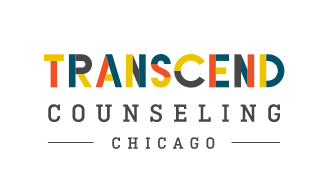“Do I Have Adult ADHD?”
In my experience providing psychological assessment services, no diagnosis has carried more mystery than ADHD. Attention-Deficit/Hyperactivity Disorder (ADHD) may be a household name, but there seem to be a lot of misconceptions about it.
What does adult ADHD look like?
The official symptoms of ADHD are the same across all ages. There can be a lot of individual differences in how ADHD looks for different people. There tend to be fewer signs of hyperactivity in adults than in children. This feature of adult ADHD makes sense: we can’t really get out of our seats in meetings or when we’re handling our responsibilities without significant consequences. For adults, ADHD tends to show up as severe inattention to detail, forgetfulness, losing things, difficulty finishing tasks, or difficulty getting started on things.
Can someone “get” ADHD as an adult?
Nope—ADHD can’t emerge when we’re adults. In ADHD we see a history of significant symptoms in childhood. If an adult is experiencing new symptoms of inattention, focus difficulties, or problems completing tasks, there’s likely a better explanation.
Many other mental health concerns can cause the same difficulties. Depression, anxiety, or even just not sleeping well can cause significant problems with focus and attention.
So how do I find out if I (or my loved one) has ADHD?
While there is no lab test or brain scan that can definitively say whether someone has ADHD, we do have a number of assessment methods that can clarify the most appropriate diagnosis and point us in the right direction of how best to help. ADHD testing is a comprehensive process that looks at what your signs and symptoms are, how they are impacting you in your daily life, and how you perform on tests of attention, concentration, and how your brain responds in different situations.
OK, so whether it’s ADHD or not, what can I do to increase my focus and attention?
While medication can be very effective for people with ADHD, it’s important to have a comprehensive plan to improve your focus, attention, and concentration.
Personalized counseling is often an essential piece of managing ADHD and ADHD-like symptoms. A professional counselor can help you identify the areas in which you find yourself getting distracted and help you make important changes to set you up for success. A therapist can also help you figure out if what you’re experiencing might be a sign of depression or anxiety. A wellness plan can address any mind-body concerns that might be affecting your memory and focus, such as sleep problems.
Takeaways
A lot of things can look like ADHD in adults. It’s important to find out what is causing distraction, problems with attention, and other ADHD-like symptoms in order to make an individualized plan to get you back on track.
—
Schedule your free 15 minute phone consultation with Dr. Zettel to discuss how ADHD testing can clarify your concerns and provide targeted recommendations.
